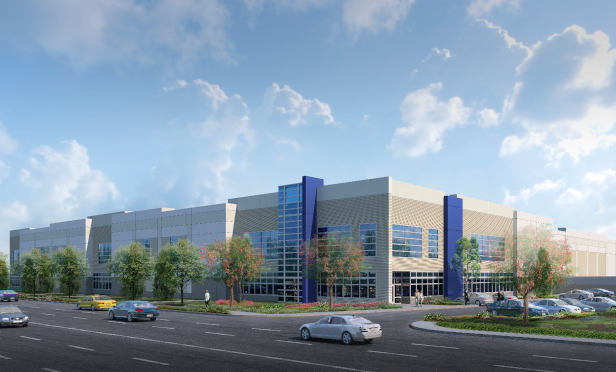 Developer Xebec has acquired a 10-acre land site east of Downtown Los Angeles, GlobeSt.com has learned exclusively. The site had fallen out of escrow several times because it has environmental site issues that made it a challenging property. Xebec, however, has handled environmental challenges and has become an expert at understanding and navigating these issues.
Developer Xebec has acquired a 10-acre land site east of Downtown Los Angeles, GlobeSt.com has learned exclusively. The site had fallen out of escrow several times because it has environmental site issues that made it a challenging property. Xebec, however, has handled environmental challenges and has become an expert at understanding and navigating these issues.
While the firm has experience with environmental issues, it also owns an adjacent three-acre property, which made the company comfortable with the deal from the start. “There are regional environmental issues that kept other buyers away because it was an unknown, but because Xebec had already transacted within that area, and that gave the seller a lot of confidence that they knew what they were doing,” Christopher Sheehan, EVP at Colliers International, tells GlobeSt.com. “There were also some site-specific issues that the seller had done a very good job of quantifying. As a result, Xebec was able to get a level of comfort with both the site-specific and the regional issues.” Sheehan represented Xebec in the deal along with EVP Scott Heaton.
The landsite traded hands for $13 million, a relative discount to current land prices in Los Angeles. “The seller was going in with eyes wide open. They wanted to work with a buyer that would close and understood the area, and there was a discount for the buyer because they were undertaking a project that had some issues,” says Sheehan.
Xebec plans to build a 234,330-square-foot and state-of-the-art “last-mile” logistics hub, which will deliver in the next year. The development timeline is a testament to Xebecs knowledge of the market and dealing with challenging development sites. “They have developed tens-of-millions of square feet in Los Angeles. They just completed a site in Vernon that had major environmental issues,” says Sheehan. “One of their specialties is digging in locally, understanding the landscape and working with government agencies. Each site is unique in terms of issues, but they really understand what is going to be required to resolve the issues.”
Industrial demand is soaring in Los Angeles. As developers look for ways to bring more product to market to meet that demand, they are considering environmentally challenged land sites, like this, more often. “It is rare for a project to come to market in the infill L.A. area that doesn't have some environmental issues, especially with raw land. If it is still on the market, there is a reason,” says Sheehan. “Often environmental issues have to be resolved of quantified before you can transact. It is common for developers to look at a properties from the 1960s and 1970s and tear it down because the value is so much higher in a brand new building.”
© Touchpoint Markets, All Rights Reserved. Request academic re-use from www.copyright.com. All other uses, submit a request to [email protected]. For more inforrmation visit Asset & Logo Licensing.






